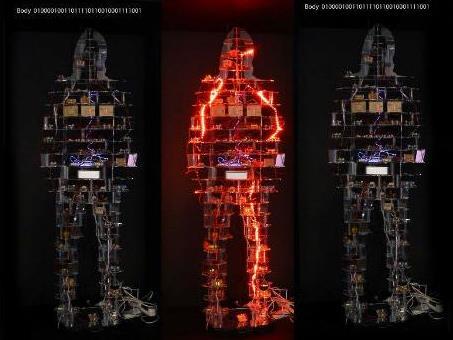Stanza, Body 01000010011011110110010001111001, Image via Stanza.co.uk
Even when the house is full we all want our venues to run as efficiently as possible. Data is essential to this – pointing towards opportunities to win back revenue and uncover under-utilised resources. Data is the secret ingredient for turning your venue into a well-oiled, efficient machine.
Analysing information already sitting in your box office system, alongside a few carefully recorded observations, will help you to continually monitor and improve how you operate. Here are some oft-overlooked efficiency blind spots where data can help.
Monitoring team performance
Your box office system is an important repository of data that can provide key insights into how effectively your people are being utilised. You should, for example, be able to see how well staff are performing at different activities by breaking down sales by cashier and analysing sales data to look for things like:
- The proportion of transactions involving cross-sales for other events
- The proportion of transactions involving an optional donation
- Whether your staff are capturing customer data from walk-up sales
Alongside training you can use data to improve performance and monitor it going forward. Incentives can also help you to get the most out of your staff – perhaps a bottle of wine for the staff member who has had the best rate of optional donations each month.
You could also analyse these metrics by sales channel. For example if you get plenty of donations online but not on the phone, it’s worth asking if staff need advice on the best way to ask for a donation when speaking to customers one-to-one.
Another crucial piece of information is a view of how sales are spread across the day. If you’re a large venue and there are particular times of day when the box office is quiet, the extra person you have manning the box office at that time could be doing something more useful, such as checking the database for duplicates. If the same thing occurs in a smaller venue, you should consider whether shutting the box office at certain times of day would have a negligible impact on sales, and save money.
Queue cutting
The data in your system is one source of information that can help improve efficiency, but there are other sources you might not have thought about: namely data gained by making and recording observations around your venue. This kind of data can be extremely useful, for example by understanding how queues impact the efficiency of your venue.
The queue to pick up CoBO tickets is often one of the biggest drains on staff resource and a frequent source of lost revenue for arts organisations. Simply put, if a customer is queuing to pick up their tickets he or she is less likely to have time to buy a drink or merchandise before the curtain goes up.
The solution? Ask staff to log the times when the pick-up-ticket queue gets particularly long. If it’s happening frequently, can you work out why? Letting customers print their tickets at home for free, or have them posted at a reduced cost, is enough reason to forego the CoBO queue. By giving customers more time on the day, your organisation can win back some of that lost spend.
You can do the same things for big bar queues by logging the number of times a sale was lost because customers couldn’t get to the bar or the bar closed before they could order. Work out how much this translates to in terms of lost sales. If you’re losing more sales than it would cost to hire an extra pair of hands at the bar, it makes sense to hire someone extra to win back those sales. Don’t forget to allow your audiences to pre-order drinks too.
Venues are pushed to the limit and we all struggle with the sheer challenge of simply getting everything done. Some of the battle can be won by changing your mindset and squeezing more out of the assets you already have in place. With a bit of data analysis and establishing simple processes to capture observable information about your customers, hidden savings and revenue opportunities will reveal themselves.





